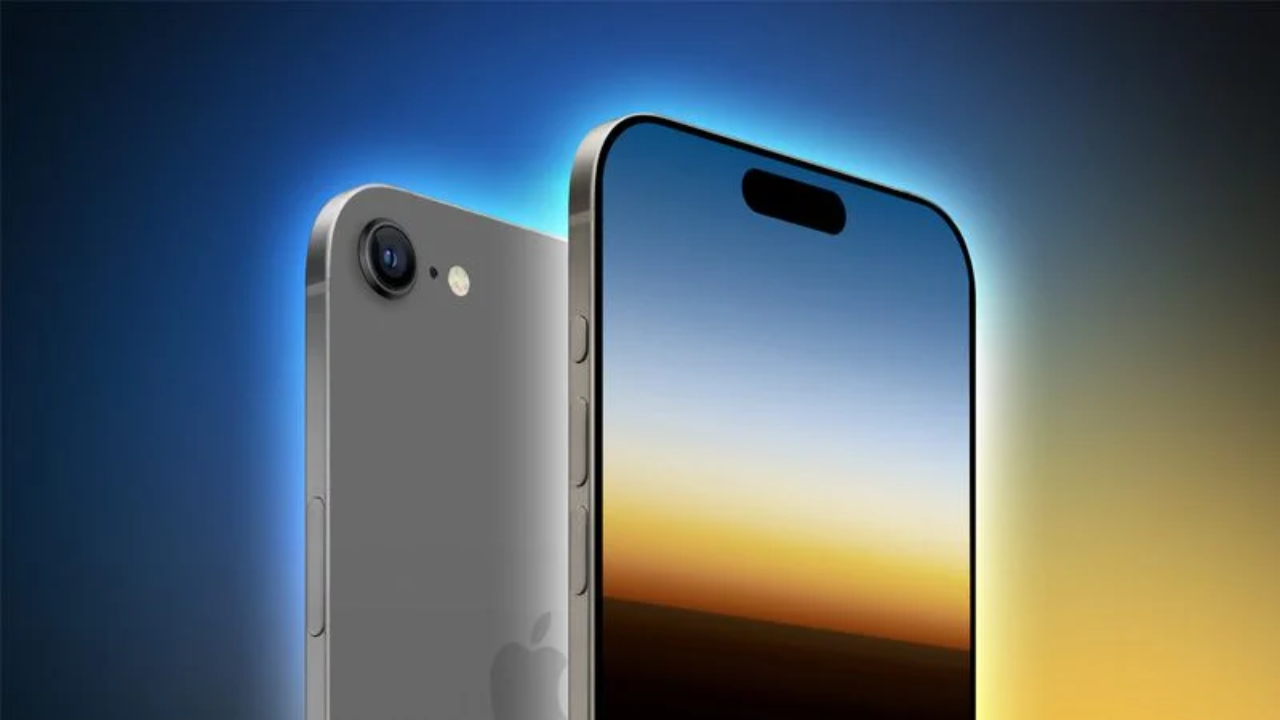
Apple recently launched its latest iPhone 16 series smartphones that are equipped with a combined Wi-Fi and Bluetooth chip supplied by Broadcom, a US-based semiconductor company. However, it seems the Cupertino-headquartered company plans to change this with iPhones launching next year. According to Apple supply chain analyst Ming-Chi Kuo, at least one iPhone 17 model set to launch next year will feature an Apple-designed Wi-Fi 7 chip.
All four iPhone 16 models already support Wi-Fi 7 with Broadcom’s chip, but with limited features. Kuo said that Apple’s in-house Wi-Fi chip will support the full Wi-Fi 7 specifications. He also noted that this chip will be built using TSMC’s 7nm N7 manufacturing process.
As per MacRumors, Kuo also mentioned that Apple is planning to equip "nearly all" of its products with its own in-house Wi-Fi chip within about three years. The analyst said this move would reduce Apple's component costs and further bolster Apple's hardware and software integration.
Kuo has aligned with information shared last year by Jeff Pu, another analyst who covers companies within Apple's supply chain. Pu said the iPhone 17 Pro models would be equipped with an Apple-designed Wi-Fi 7 chip, and he said the in-house chip would expand to the entire iPhone 18 lineup the following year.
According to reports the iPhone maker is also rumoured to launch its own 5G chip next year, starting in the next iPhone SE and the rumored ultra-thin iPhone 17 model at a minimum.
There are mixed reports about whether Apple's 5G and Wi-Fi chips will be separate or combined into one chip that includes 5G, Wi-Fi, Bluetooth, and GPS features.
Wi-Fi 7 allows for data transmission over the 2.4GHz, 5GHz, and 6GHz bands simultaneously with a supported router, resulting in faster Wi-Fi speeds, lower latency, and more reliable connectivity.
Wi-Fi 7 can provide peak speeds of over 40 Gbps, a 4× increase over Wi-Fi 6E, if a device supports the maximum specifications.

